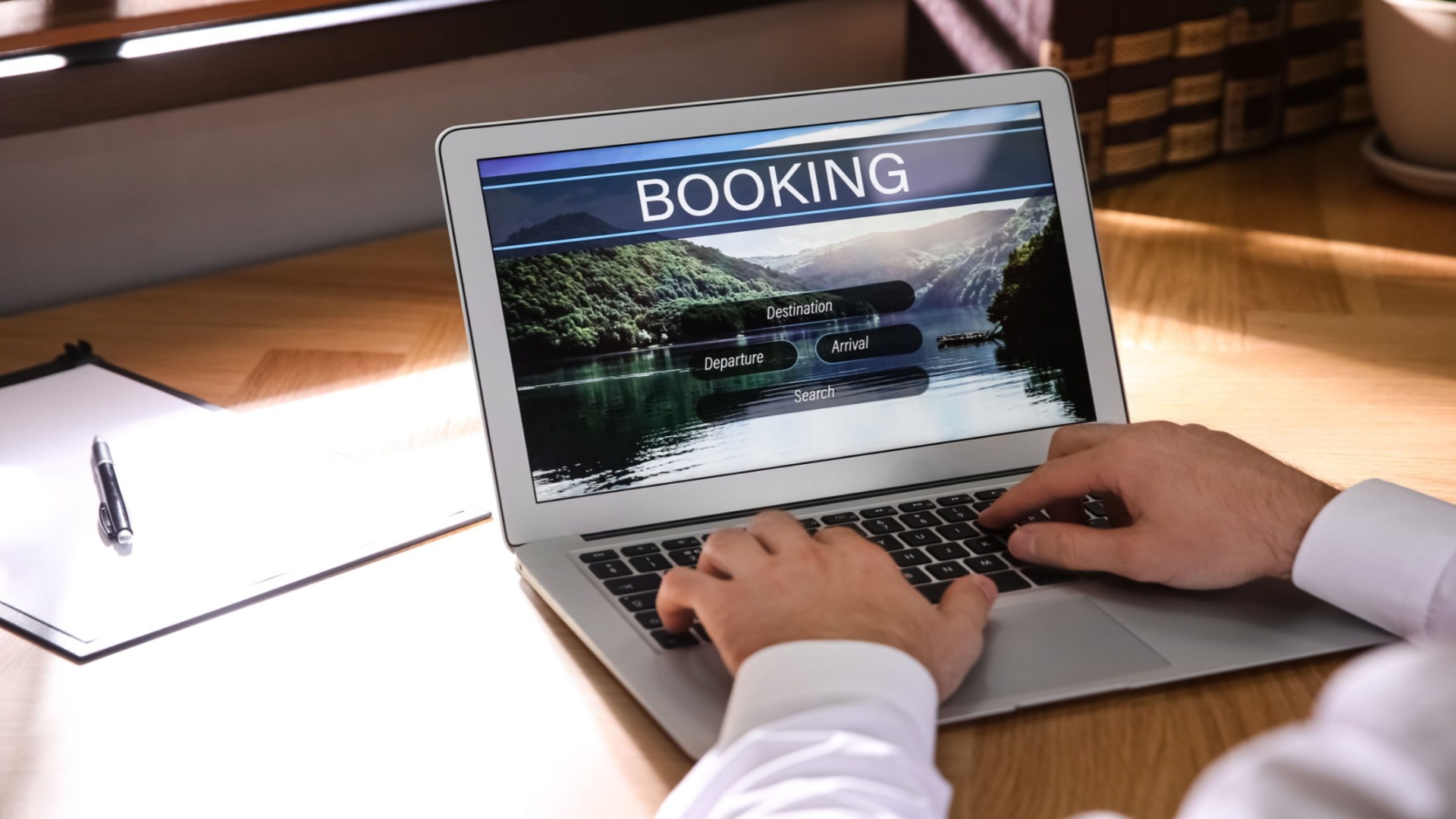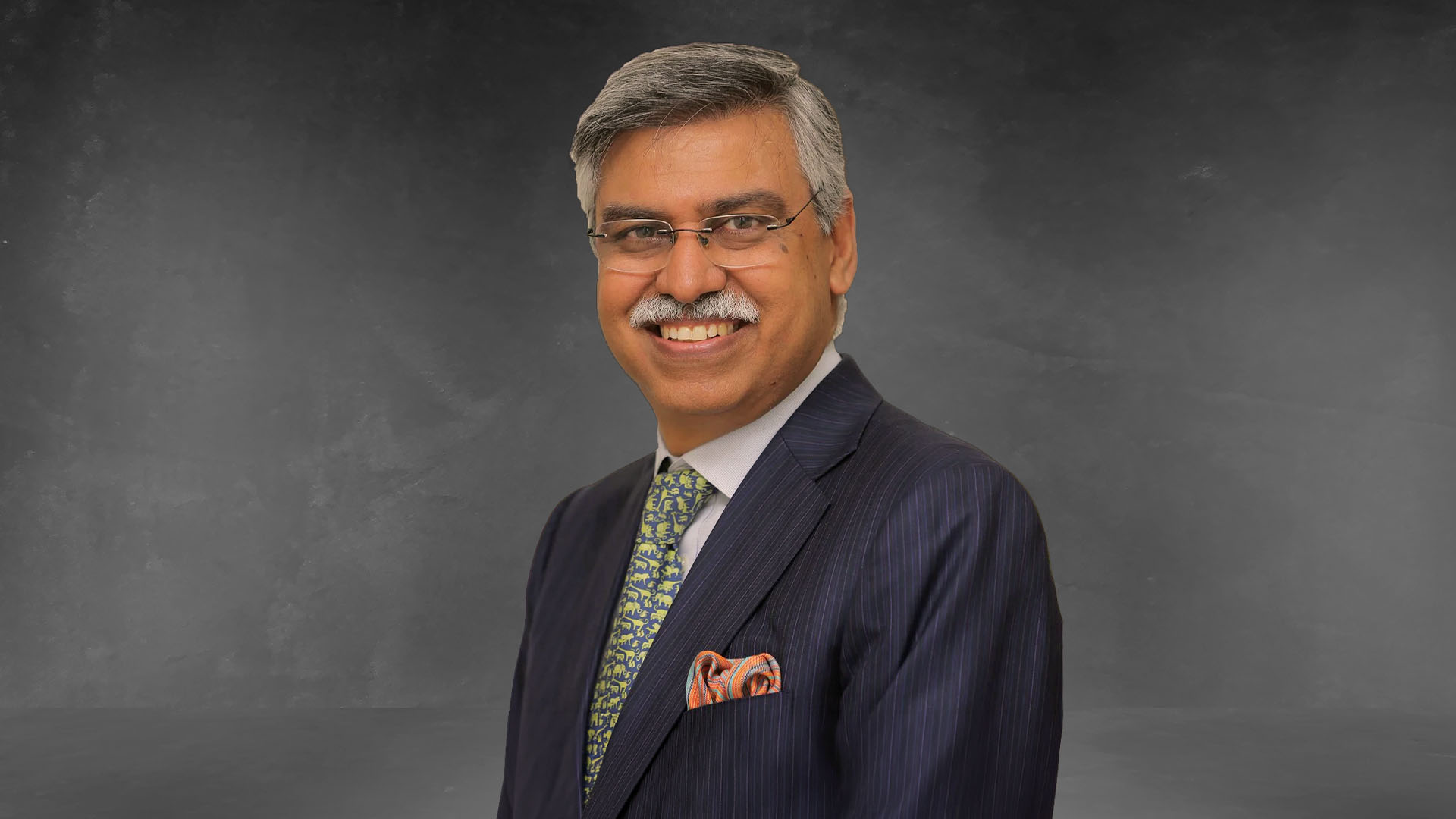India Is Our Highest Priority: Laura Houldsworth
Laura Houldsworth, Managing Director-Asia Pacific, Booking.com, discusses why the Indian market matters more than ever.
By Suman Tarafdar
As travel becomes second nature to India’s upwardly mobile travellers, booking platforms are sharpening their focus on the country like never before. From investing in intuitive technology to rolling out tailored incentives, global travel sites are going the extra mile to capture the Indian traveller’s attention. To understand how Booking.com is scaling its presence in this fast-evolving market, SOH caught up with Laura Houldsworth, Managing Director– Asia Pacific, who drives business growth, operations, and strategy across one of the company’s most dynamic regions. The conversation took place on the sidelines of the launch of Booking.com’s Global AI Sentiment Report 2025.
Excerpts from the interview.
Where does India figure in Booking.com’s priorities, especially in terms of market size or revenue contribution?
I can’t share specifics on market size, but what I can say is that India is absolutely a priority market for us—both at a global level and within the Asia Pacific region. It’s our highest priority. If you look at the broader travel industry, it’s clear that all eyes are on India. That holds true whether you are looking at the domestic market or the outbound traveller. There’s strong inbound demand into India, but equally, destinations around the world are actively looking to attract Indian travellers. So when I say all eyes are on India, I mean it from a very holistic perspective.
What is Booking.com’s current focus when it comes to growth in India?
Our focus is twofold. First, the Indian traveller—particularly the domestic segment, which continues to be very strong. This presents a clear opportunity for us to grow within the Indian market. Second, we’re also looking to capture outbound travel, ensuring we’re present when Indian travellers start exploring destinations beyond the country’s borders. India offers significant size and scale, and that’s central to our growth strategy. Currently, our presence is strong in tier-one metro cities, but we are actively looking to expand into tier 2 and tier 3 cities, where we’re seeing the next wave of tourism growth.

Given Booking.com’s global presence, how do you evaluate performance in India, especially in a market with strong domestic competitors? What are the challenges to growth?
That’s a valid concern. What we have found through our research is that Booking.com becomes top-of-mind when Indian travellers are heading abroad—thanks to our global scale and extensive international supply. We do have a strong industry peer in India who is top-of-mind locally, but they operate with a different value proposition. Our goal isn’t necessarily to convert those travellers, but to serve a different segment and capture the growing market of Indian travellers. Every competitor in the market pushes us to evolve and helps us stay relevant.
While we don’t invest heavily in full localisation, we do maintain a global-first approach, as that offers a different kind of value. That said, we have taken steps to be more relevant to Indian users—for instance, we introduced Hindi as a language option two years ago. We're also expanding our accommodation supply in tier 2 and tier 3 cities, aligning with where Indian travellers are increasingly searching.
What are the top challenges and opportunities in the Indian market for Booking.com?
The number of travellers in India is growing rapidly, driven by broader economic shifts. Younger consumers, in particular, are eager to explore—they often begin with domestic travel and soon aspire to venture abroad. This presents a massive opportunity, especially as the market spans a wide spectrum—from deeply budget-conscious to truly high-end segments.
That said, the challenges are also significant. There’s a dominant domestic player with a strong foothold, and it’s up to us to demonstrate that we bring something distinctly valuable and differentiated to Indian travellers.

Are there other ways in which Booking.com aims to stand out in the Indian market?
Absolutely. We actively collaborate with industry partners—some of whom we’ll be announcing soon—to help expand our reach and demonstrate strategic alignment within the market. A recent example is our investment in cricket—we were the official accommodation partner for the Cricket World Cup hosted in India. It was a major brand moment and allowed us to connect with Indian travellers in a culturally relevant way.
Ultimately, while price remains important, we know customers are also seeking ease of use, trust, and reliability. That’s where we constantly strive to differentiate ourselves.
What are the challenges slowing down the growth of inbound travel to India?
There are a few key hurdles. Visa-related issues remain a barrier, alongside broader infrastructural challenges that don't yet fully support large-scale inbound tourism. That said, India’s domestic infrastructure has improved considerably in recent years, which is why we’re seeing such robust growth in the local travel industry.
Interestingly, what I often hear—anecdotally—is that it’s sometimes cheaper for an Indian traveller to fly to Bangkok than to take a holiday in Goa. And while that’s not necessarily true across the board, perceptions like that could be contributing to the outbound surge we’re seeing from India.

For India’s top-end traveller, value matters more than just price. What does ‘value’ mean on Booking.com?
Value exists at every step of the booking journey. Indian travellers are savvy—they compare options, read reviews, and scrutinise every detail. Some go for the lowest fare, others might choose based on a $2 difference, and many look for specific add-ons that justify the spend.
So, what’s the value we offer? It could be a unique product experience, additional services like airport transfers, or even factors like sustainability and inclusivity. With over 300 million reviews on our platform, the definition of value is highly personal—and that’s what makes the experience richer.
When users come to our platform, our aim is to provide a seamless, intuitive experience—from search to booking—in just a few clicks. We want them to trust where their money is going, have confidence in the reviews they’re reading, and know exactly what to expect when they arrive at the property.
That’s where real differentiation happens. Brand associations—like cricket—may draw them in. But once they’re on our platform, it’s about delivering an experience that feels effortless and reassuring. Just as hotels are expected to delight guests upon check-in, we want to delight our travellers the moment they start their journey with us.
The number of travellers in India is growing rapidly, driven by broader economic shifts. Younger consumers, in particular, are eager to explore—they often begin with domestic travel and soon aspire to venture abroad.
Laura Houldsworth
Managing Director-Asia Pacific, Booking.com

































